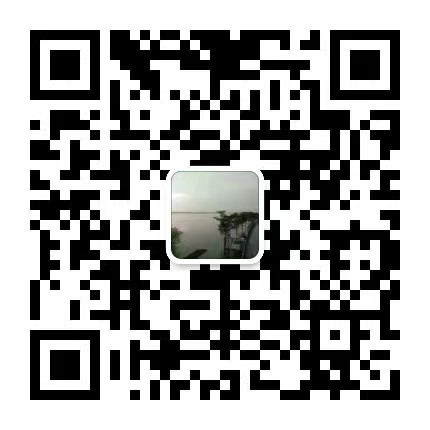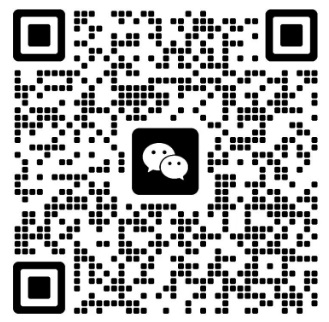If I were you, I should do it.
If we hadn’t made adequate preparation, the conference wouldn’t have
been so successful.
If it were to rain tomorrow, the game would be put off.
注意:
1. 错综复杂的条件句
在非真实条件句中,有时从句的动词所表示的动作和主句的动词所表示的动作并不同时发生,这样的条件句中使用的虚拟式称为错综时间条件句。此时,动词的形式要根据表示的时间来调整。而且一般有明
确的时间状语如 now, then, tomorrow 等提示。
If I had taken my raincoat when I came out this morning, I would not be
wet now.
If I were you, I wouldn’t have missed the film last night.
If Tom intended to start out this morning, he would have got everything
ready last night.
If he had taken my advice, he would be a scientist now.
2. 虚拟语气的省略与倒装
当 if 引导的虚拟条件句中含有 had, were, should 等时,如将 if 省略,
则要将 had, were,should 等移到主语前,构成倒装句:
Were I you(=If I were you), I wouldn’t feel sorry.
Had we made(=If we had made)adequate preparations, we might have
If we hadn’t made adequate preparation, the conference wouldn’t have
been so successful.
If it were to rain tomorrow, the game would be put off.
注意:
1. 错综复杂的条件句
在非真实条件句中,有时从句的动词所表示的动作和主句的动词所表示的动作并不同时发生,这样的条件句中使用的虚拟式称为错综时间条件句。此时,动词的形式要根据表示的时间来调整。而且一般有明
确的时间状语如 now, then, tomorrow 等提示。
If I had taken my raincoat when I came out this morning, I would not be
wet now.
If I were you, I wouldn’t have missed the film last night.
If Tom intended to start out this morning, he would have got everything
ready last night.
If he had taken my advice, he would be a scientist now.
2. 虚拟语气的省略与倒装
当 if 引导的虚拟条件句中含有 had, were, should 等时,如将 if 省略,
则要将 had, were,should 等移到主语前,构成倒装句:
Were I you(=If I were you), I wouldn’t feel sorry.
Had we made(=If we had made)adequate preparations, we might have










